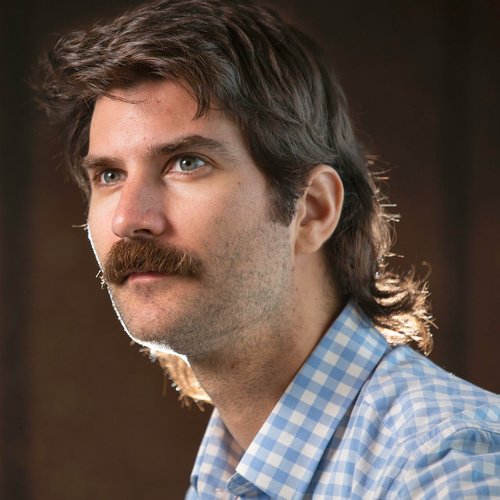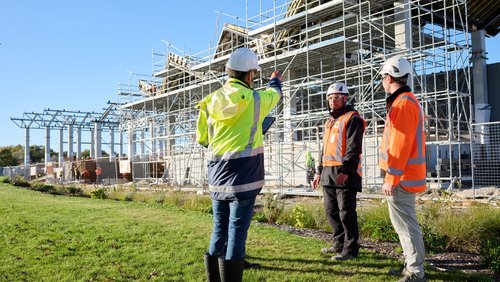1 Dec 2021
Along with researching aerosol chemistry, Dr Joel Rindelaub is a passionate science communicator who regularly appears on media airwaves and in news outlets. Originally from the United States, Joel moved to New Zealand as an ice hockey player in 2017 but says he “quickly found himself a home at the University of Auckland as the science nerd he always wanted to be”.
Dr Joel Rindelaub is a Research Fellow based at the School of Chemical Sciences, and his work focuses on air pollution, aerosol chemistry and environmental health.
Based in: Auckland
Role: Research Fellow at the University of Auckland
Education: Bachelor of Arts (Chemistry, Mathematics), Gustavus Adolphus College, Minnesota, USA, 2009; PhD (Chemistry) – Purdue University, Indiana, USA, 2015

How do you work with engineers in your role?
Whether it is working hands-on with the development and performance of analytical instrumentation or out in the field taking measurements, engineers are never too far away. I regularly collaborate with the Department of Civil and Environmental Engineering at the University of Auckland, where we try to better understand the sources and fate of air pollution.
How do engineering decisions impact on your work?
As just one specific example, the ventilation and air flow within buildings have massive implications for the quality of air that people breathe every day, something that my research aims to quantify.
How does your work impact engineers?
When my research helps uncover new types of pollution, the next question is always: what can we do about it? Enter engineers and insightful mitigation strategies.
What are three observations you’d make after working with engineers?
Engineers are good with numbers, they are very practical, and they get stuff done.
What do engineers all seem to do so well?
Look at the big picture and engineering solutions.
What do you wish all engineers knew/understood better about your role?
Chemistry is cool too! What’s happening on the molecular scale is important to the macro-scale and vice versa.




